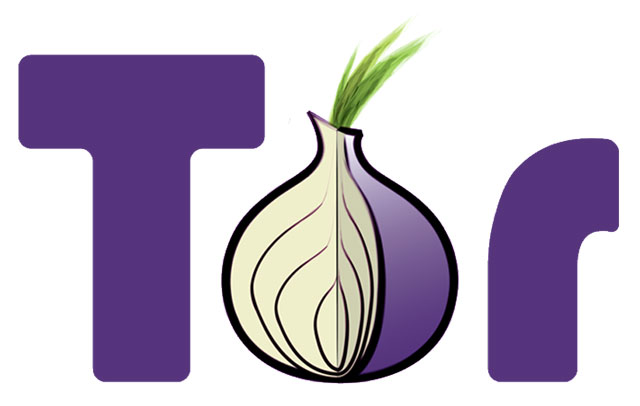
The “dark Web” is a part of the World Wide Web that requires special software to access. Once inside, websites and other services can be accessed through a browser in much the same way as the normal Web.
However, some sites are effectively “hidden”, in that they have not been indexed by a search engine and can only be accessed if you know the address of the site. Special markets also operate within the dark Web called, “darknet markets”, which mainly sell illegal products such as drugs and firearms, paid for in the cryptocurrency Bitcoin.
There is even a crowdfunded “Assassination Market”, where users can pay towards having someone assassinated.
Because of the dark Web’s almost total anonymity, it has been the place of choice for groups wanting to stay hidden online from governments and law enforcement agencies. On one hand, there have been whistle-blowers using the dark Web to communicate with journalists, but more frequently it has been used by paedophile groups, terrorists and criminals to keep their dealings secret.
There are a number of ways to access the dark Web, including the use of Tor, Freenet and I2P. Of these, the most popular is Tor (originally called The Onion Router), partly because it is one of the easiest software packages to use. Tor downloads as a bundle of software that includes a version of Firefox configured specifically to use Tor.
Tor provides secrecy and anonymity by passing messages through a network of connected Tor relays, which are specially configured computers. As the message hops from one node to another, it is encrypted in a way that each relay only knows about the machine that sent the message and the machine it is being sent to.
Rather than conventional Web addresses, Tor uses “onion” addresses, which further obsure the content. There are even special versions of search engines like Bing and Duck Duck Go that will return onion addresses for Tor services.
It is a mistake to think that Tor is entirely anonymous. If a website is accessed, it can still potentially find out information about whoever is accessing the site because of information that is shared, such as usernames and e-mail addresses. Those wanting to stay completely anonymous have to use special anonymity services to hide their identity in these cases.
Services on the dark Web would not have been as popular without a means of paying for them. This is something that Bitcoin has made possible. A recent study by Carnegie Mellon researchers Kyle Soska and Nicolas Christin has calculated that drug sales on the dark net total US$100/year. Most, if not all, was paid for in Bitcoin.

Bitcoin is made even more difficult to track on the dark Web through the use of “mixing services” like Bitcoin Laundry, which enables Bitcoin transactions to be effectively hidden completely.
The developers of Tor and organisations like the Electronic Frontier Foundation (EFF argue that the principal users of Tor are activists and people simply concerned with maintaining their privacy. Certainly, Tor has been used in the past for journalists to talk to whistle-blowers and activists, including Edward Snowden).
However, even a cursory glance at the Hidden Wiki — the main index of dark websites — reveals that the majority of sites listed are concerned with illegal activities. Some of these sites are scams, and so it is not clear how easy it is to buy guns, fake passports and hire hackers from the services listed. But there are likely sites on the dark Web where these things are entirely possible.
Although the dark Web makes law enforcement agencies’ jobs much more difficult, they have had a great deal of success in bringing down sites and arresting their users and the people behind them. The most famous of these was the arrest of Ross Ulbricht, the person behind the most well-known of the drug markets, Silk Road.
More recently, the FBI’s arrest of two users of a child abuse site on the dark Web highlighted that they are now able to use a range of techniques to unmask Tor users’ real Internet addresses.![]()
- David Glance is director of UWA Centre for Software Practice at the University of Western Australia
- This article was originally published on The Conversation

